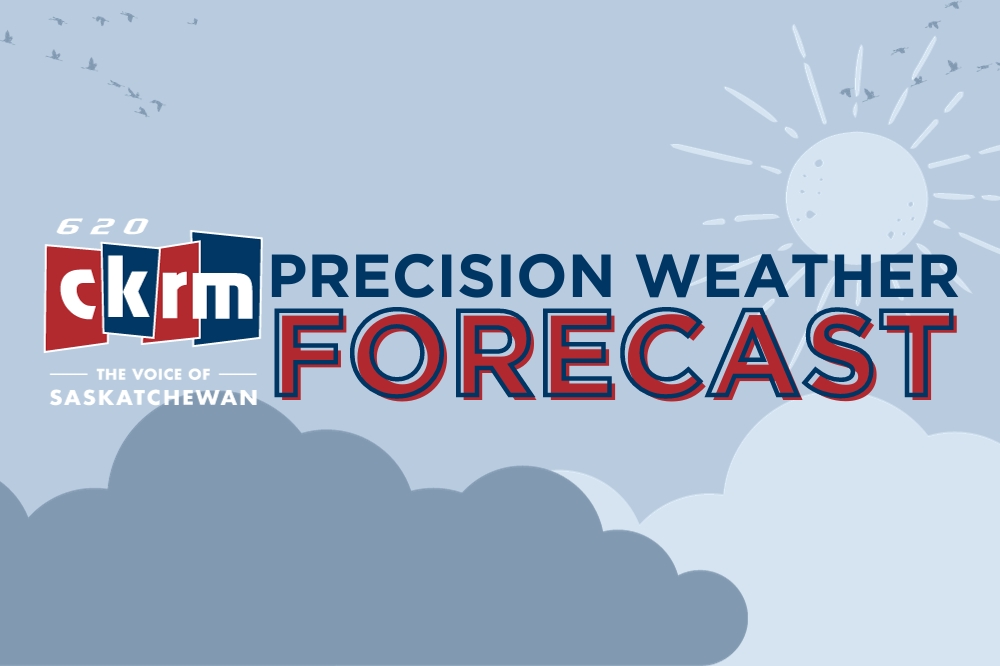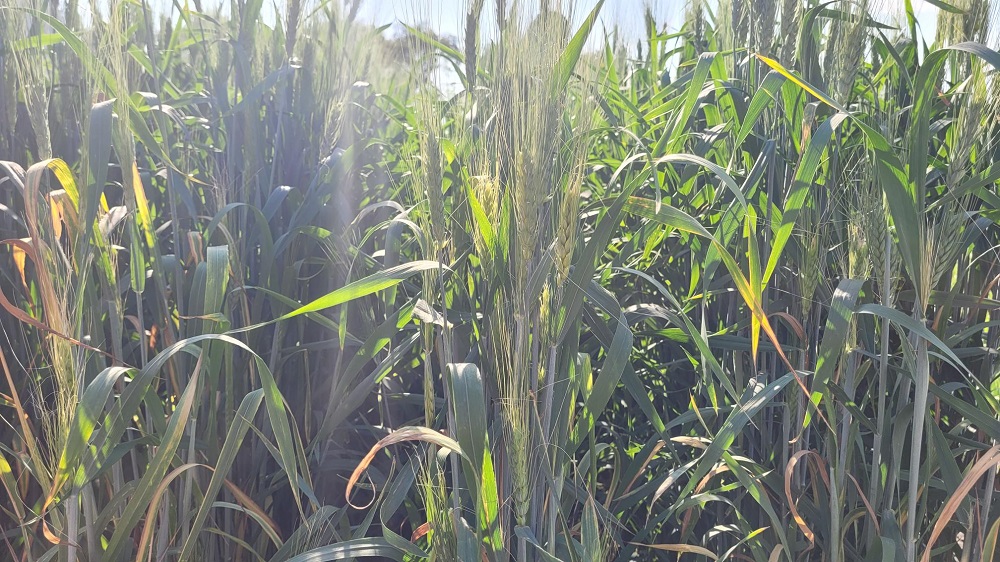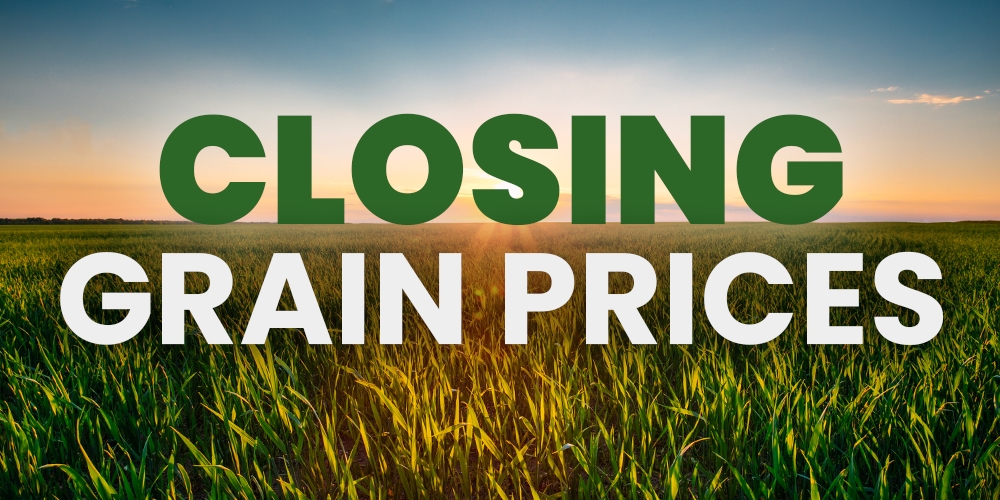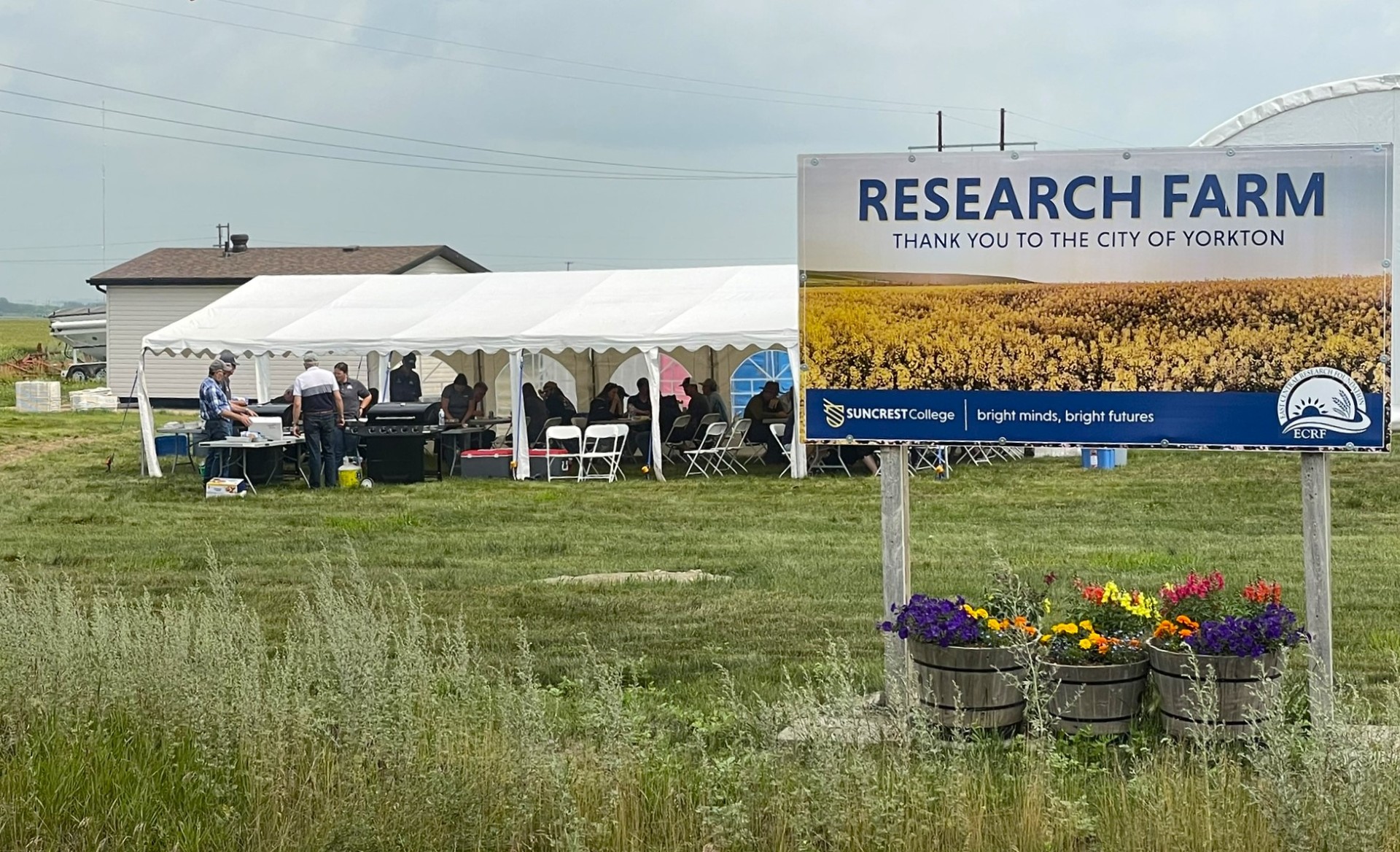APAS has joined the list of farm organizations that submitted comments to the federal government addressing concerns with the proposed 30 per cent fertilizer emissions target for 2030.
Ian Boxall, the President of APAS, said that Saskatchewan had made a lot of changes to how fertilizer is applied.
“What the country – including the federal government – needs to account for is the amount of innovation that has gone on and has been applied here in Saskatchewan when it comes to applying fertilizer in the past several years,” he said. “Producers care more about the environment than we get credit for, and it’s frustrating because we are the first ones to see any type of change.”
A summary of the APAS submission includes several points:
- The initial 30 percent fertilizer emissions reduction target was set without adequate consultation with producers and was based on an incomplete understanding of the technology and nutrient stewardship practices currently used on Saskatchewan farms.
- APAS strongly advocates for an “intensity-based” approach to measuring emissions, which would allow for production increases while also ensuring continuous improvements in efficiency and a lower carbon footprint.
- Emissions reduction strategies must be based on sound science, with verifiable research showing emissions savings and the benefits of adopting new practices. Measuring emissions from farm practices is an evolving area of research, and Canada cannot afford to get ahead of the science when setting targets for the sector.
- Emissions measurement must be based on modelling that is clear, accurate and accounts for regional variations. The expectation that models will improve calls into question the appropriateness of setting a baseline year to measure reductions.
- Emissions reduction strategies should not interfere with Canada’s contributions to global food security or introduce additional risks to family farm businesses. The submission also addresses concerns with the design of offset protocols in Canada and the competitive constraints that carbon pricing and climate change policies have on producers in world markets.
Boxall added that it is important that the federal government recognize that Saskatchewan makes up almost 40 percent of Canada’s arable land and that producers in Saskatchewan are world leaders in the development of innovative technologies and production practices to optimize soil health and productivity.








